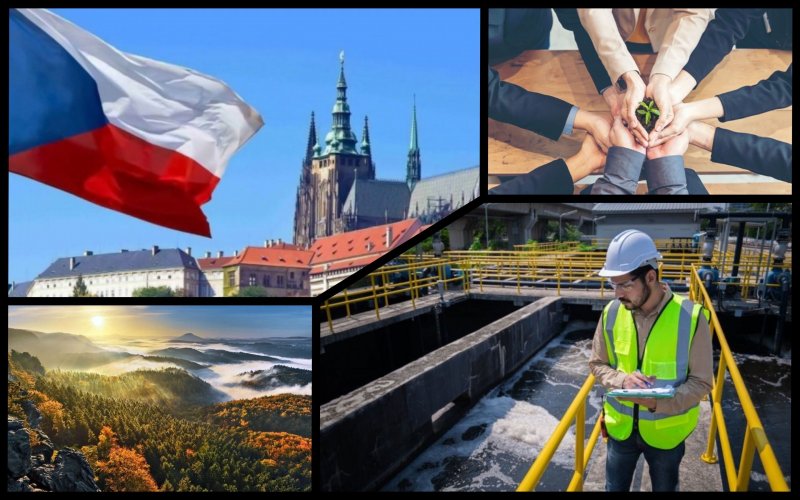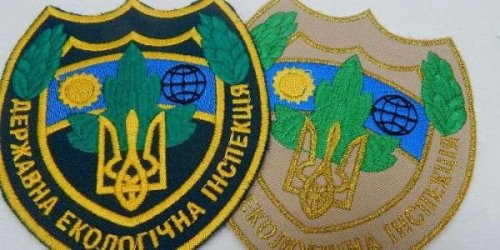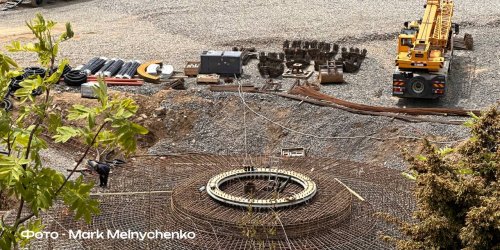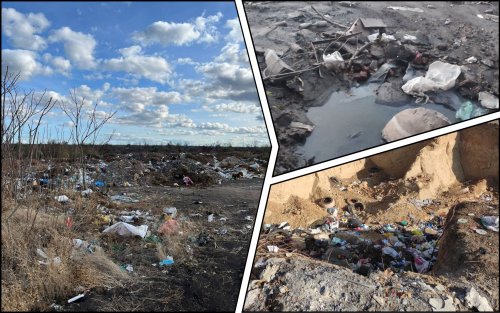The Czech Environmental Inspectorate (CEI) has broad powers, which makes its activities efficient and balances the interests of the public and business. The main task of the agency is to prevent environmental harm.
Activists of the public organization "Ecology-Law-Man" spoke about the experience of the Czech Republic after a detailed acquaintance with the work of the department.
Activists said that CEI was founded in 1991 and has 13 offices. The agency monitors compliance with environmental legislation and binding decisions. The central office covers the following areas:
- atmospheric air protection;
- waste management;
- water protection;
- enviroment protection;
- forest resource management;
- integrated environmental resolution and its enforcement;
- GMOs;
- CITES;
- chemical safety.
It is noted that environmental inspectors have an education in the field of natural sciences, technical, agricultural or forestry specialization. Employees of the integrated permit department pass an additional exam, which is taken by the Ministry of Environmental Protection. Every year, each employee conducts more than 80-90 inspections.
The authors said that CEI monitors compliance with environmental legislation through:
- inspection checks;
- development of measures to eliminate the identified shortcomings;
- imposition of administrative and economic sanctions
It is noted that the activities of the department cover:
- control over trade in and handling of endangered species of animals and plants and their products;
- confiscation of illegally acquired species and objects;
- control of hazardous chemicals and mixtures;
- product safety control;
- restriction or termination of activities if they pose a significant threat to the environment;
- analytics to address the historical environmental impacts of economic activity on nature;
- participation in the liquidation of the consequences of accidents;
- providing information upon request;
- informing the public, media and government about environmental data;
- preparation of position papers (statements) to other government authorities;
- cooperation with the inspection bodies of the EU countries and the network of EU inspection bodies (IMPEL)
"The Czech Ecological Inspectorate is a fairly open state body that closely cooperates with the general public, business, and colleagues from the EU countries," the authors emphasized.
They added that the inspectorate annually conducts about 700 scheduled inspections of integrated permit holders. Unscheduled inspections are also carried out on reports, including anonymous ones, of ordinary citizens or NGOs. The number of such checks reaches 3000 per year. In addition, inspections are carried out both on weekdays and weekends.
The material explained that scheduled inspections are carried out every 1, 2, 3 years, depending on the hazard class of the enterprise. During the audit, an assessment is made of compliance with the requirements of the integrated permit. And unscheduled inspections are carried out on the basis of requests from the public or legal entities, or in emergency situations. They are necessarily carried out on site without notifying the enterprise, as well as other bodies. Strict sanctions are provided for non-admission of environmental inspectors to enterprises.
It is noted that if serious violations were revealed in the preliminary check, for example, the conditions of the integrated environmental permit, then the inspectors come back after 6 months to check whether the situation has improved and whether the comments indicated in the protocol and report of the preliminary check have been fulfilled.
Activists stressed that environmental inspectors can check individuals and legal entities, as well as local governments. In addition, the public can receive a full audit report.
The material said that in case of violation of the integrated permit in the field of the environment, a fine is imposed, measures to restore the environment are determined, and the head of the inspection can form a warning letter. In the event of a serious violation, restrictions may be placed on certain operations or the shutdown of part or all of the enterprise, which happens very rarely. Penalties range from 4,150–8,300 to 200,000–500,000 euros. Compensation for environmental damage may also be charged. However, if the subject of the audit does not agree with the decision of the CHEI, he can appeal it.
It is noted that in 2021 the CEI:
- conducted 11231 scheduled and unscheduled inspections;
- imposed 1,673 fines totaling EUR 2,859,102.1;
- imposed 55 terminations or restrictions on activities;
- made demands for 88 remedial actions;
- prepared 742 conclusions from the Department of Internal Affairs (Law No. 100/2001 Coll.)
"We hope that the reform of state environmental control in Ukraine will be no less ambitious than the reform of environmental control in the Czech Republic, and we will see a new pro-European system of state environmental control aimed at preventing violations of environmental legislation and harming the environment," activists stressed.
As EcoPolitic reported earlier, in Ukraine, the reform of the state environmental control system, which was launched in 2017, is still not completed.





